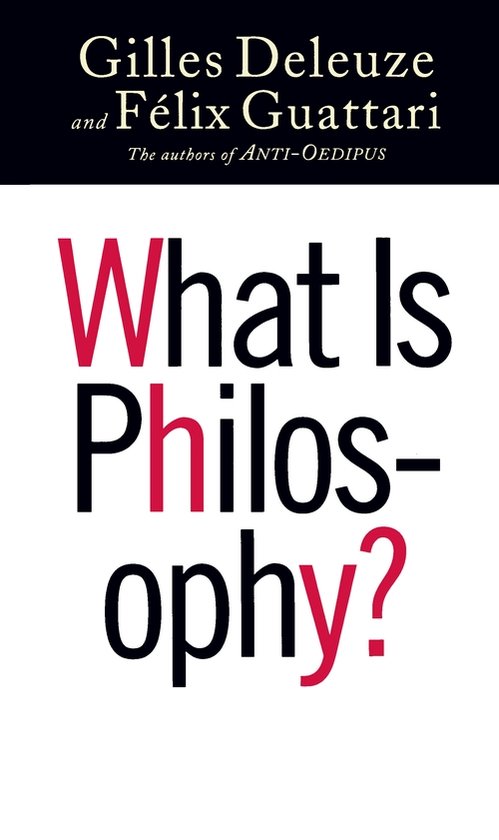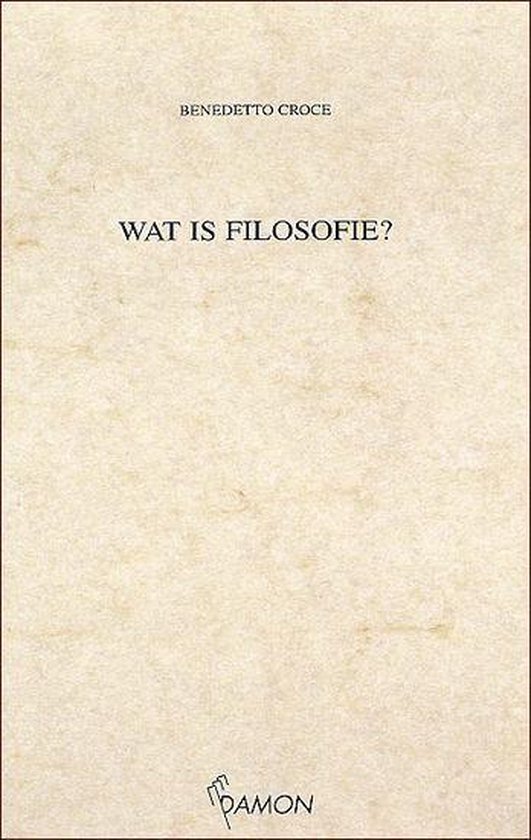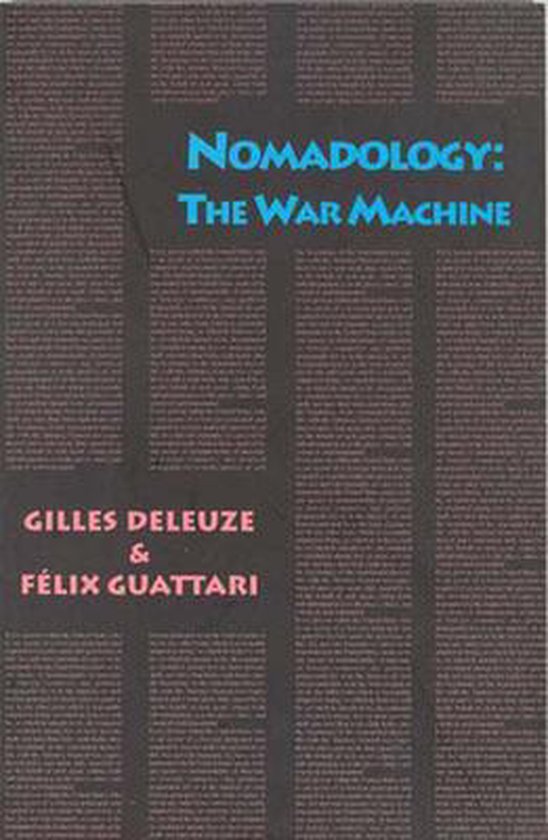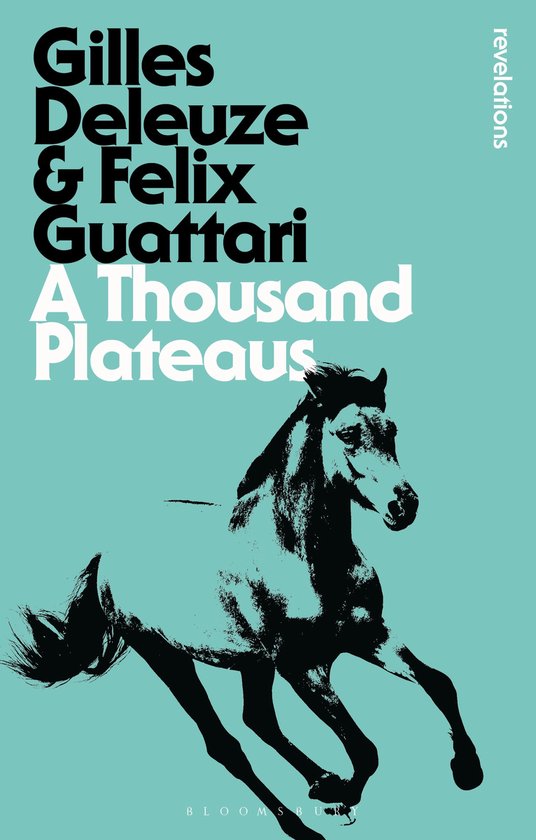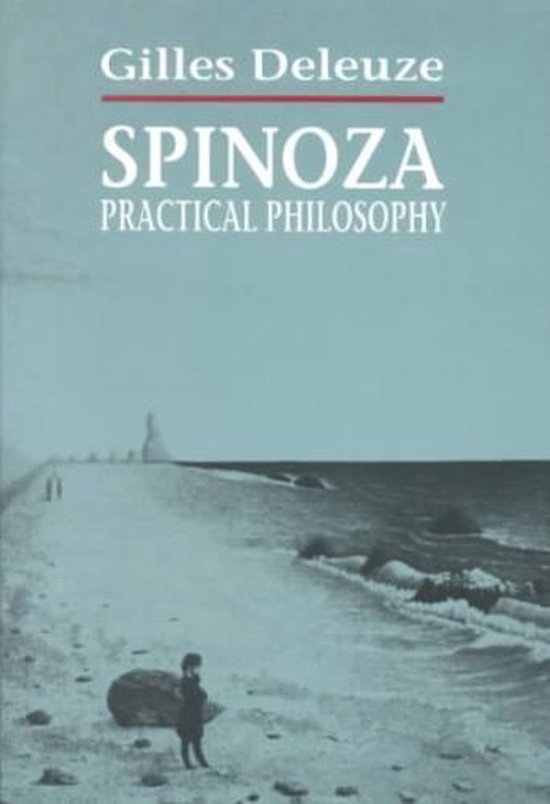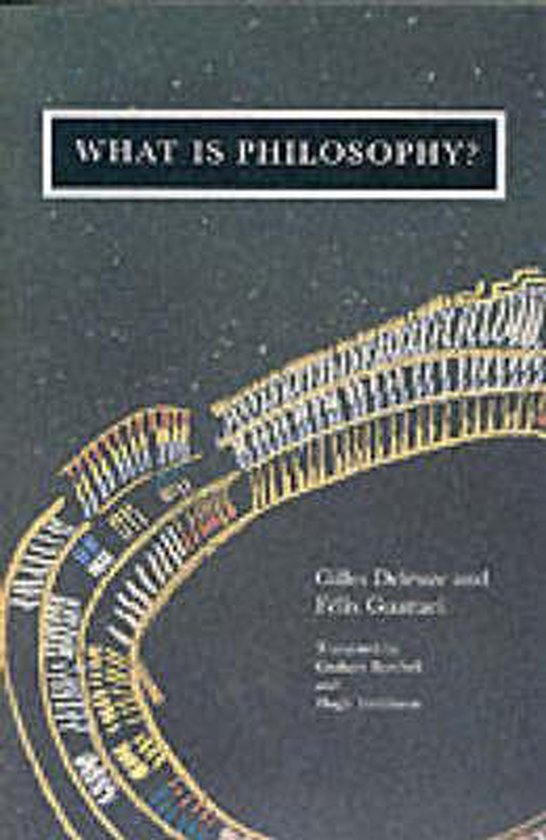
What Is Philosophy
This work examines what it means to be a philosopher and attacks the sterility of modern philosophy. Part One explores the nature and scope of philosophy and its relation to social and economic development. Part Two considers other forms of thought: science, art, literature and music.
"The question 'what is philosophy?' can perhaps only be posed late in life, with the arrival of old age and the time for speaking concretely. It is a question posed in a moment of quiet restlessness, at midnight, when there is no longer anything to ask."
Posing that question, Deleuze and Guattari worked together for what turned out to be the last time, to produce a book which can be seen as a condensation of everything they had written before, together and separately. Twenty years on from their endlessly influential Anti-Oedipus, Deleuze and Guattari have lost none of their inspirational radicalism, only deepened it. Their book is a profound and careful interrogation of what it might mean to be a 'friend of wisdom', but it is also a devastating attack on the sterility of what has become, when 'the only events are exhibitions and the only concepts are products which can be sold'.
Philosophy, they insist, is not contemplation, reflection or communication, but the creation of concepts. The first part of the book explores the concept, the 'plane of immanence' in which it can be born and the 'conceptual personae' which can activate it. It concludes with a brilliant account of philosophy's relation to social and economic development, from ancient Greece to the modern capitalist state. Part two considers other forms of thought: science, art, literature and music. By the light of its 'rivals', Deleuze and Guattari illuminate philosophy in all its distinctiveness, displaying the same light-footed erudition whether they are discussing Godel's Theorem, Proust and Pessoa, Mondrian or Boulez.
Written with the energy and inventiveness that marked their earlier collaborations, What is Philosophy? is an enormous achievement. It is a vital book, not only for philosophers but for everyone concerned with the uses of human intelligence in a time when, as the authors remark, sales promotion has replaced critique.
"The question 'what is philosophy?' can perhaps only be posed late in life, with the arrival of old age and the time for speaking concretely. It is a question posed in a moment of quiet restlessness, at midnight, when there is no longer anything to ask."
Posing that question, Deleuze and Guattari worked together for what turned out to be the last time, to produce a book which can be seen as a condensation of everything they had written before, together and separately. Twenty years on from their endlessly influential Anti-Oedipus, Deleuze and Guattari have lost none of their inspirational radicalism, only deepened it. Their book is a profound and careful interrogation of what it might mean to be a 'friend of wisdom', but it is also a devastating attack on the sterility of what has become, when 'the only events are exhibitions and the only concepts are products which can be sold'.
Philosophy, they insist, is not contemplation, reflection or communication, but the creation of concepts. The first part of the book explores the concept, the 'plane of immanence' in which it can be born and the 'conceptual personae' which can activate it. It concludes with a brilliant account of philosophy's relation to social and economic development, from ancient Greece to the modern capitalist state. Part two considers other forms of thought: science, art, literature and music. By the light of its 'rivals', Deleuze and Guattari illuminate philosophy in all its distinctiveness, displaying the same light-footed erudition whether they are discussing Godel's Theorem, Proust and Pessoa, Mondrian or Boulez.
Written with the energy and inventiveness that marked their earlier collaborations, What is Philosophy? is an enormous achievement. It is a vital book, not only for philosophers but for everyone concerned with the uses of human intelligence in a time when, as the authors remark, sales promotion has replaced critique.
| Auteur | | Félix Guattari |
| Taal | | Engels |
| Type | | Hardcover |
| Categorie | | Religie, Spiritualiteit & Filosofie |
